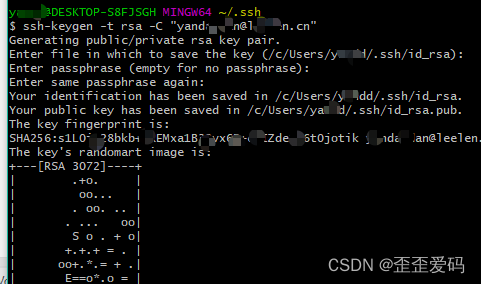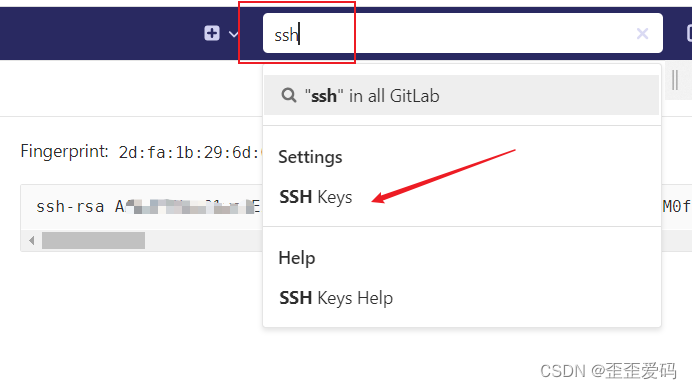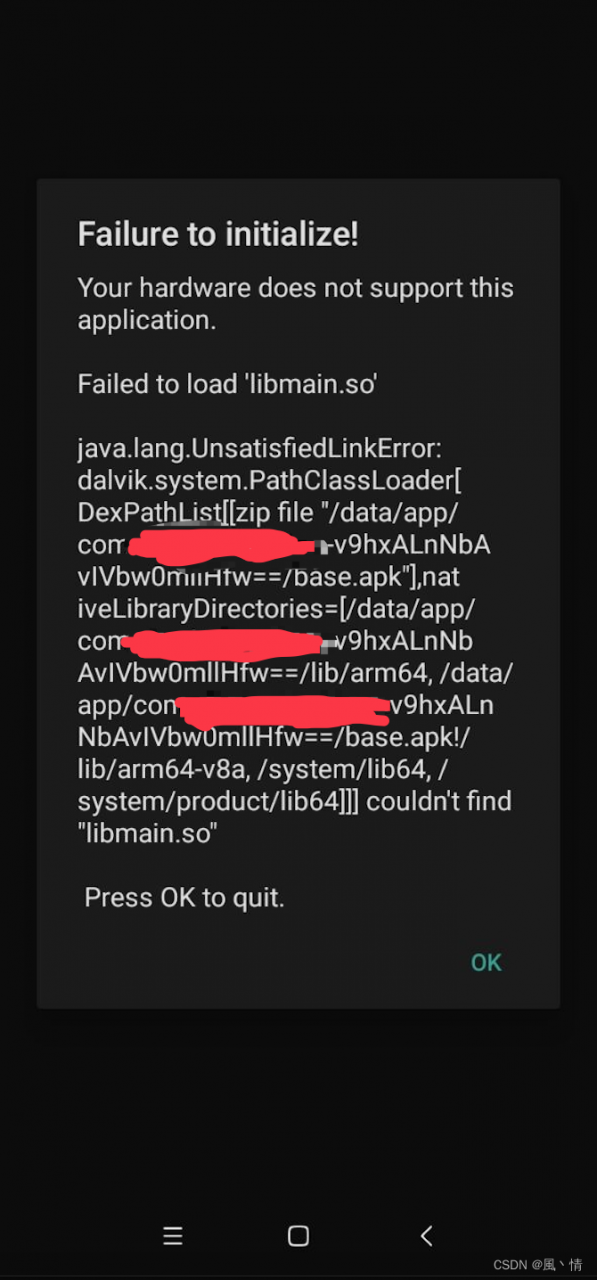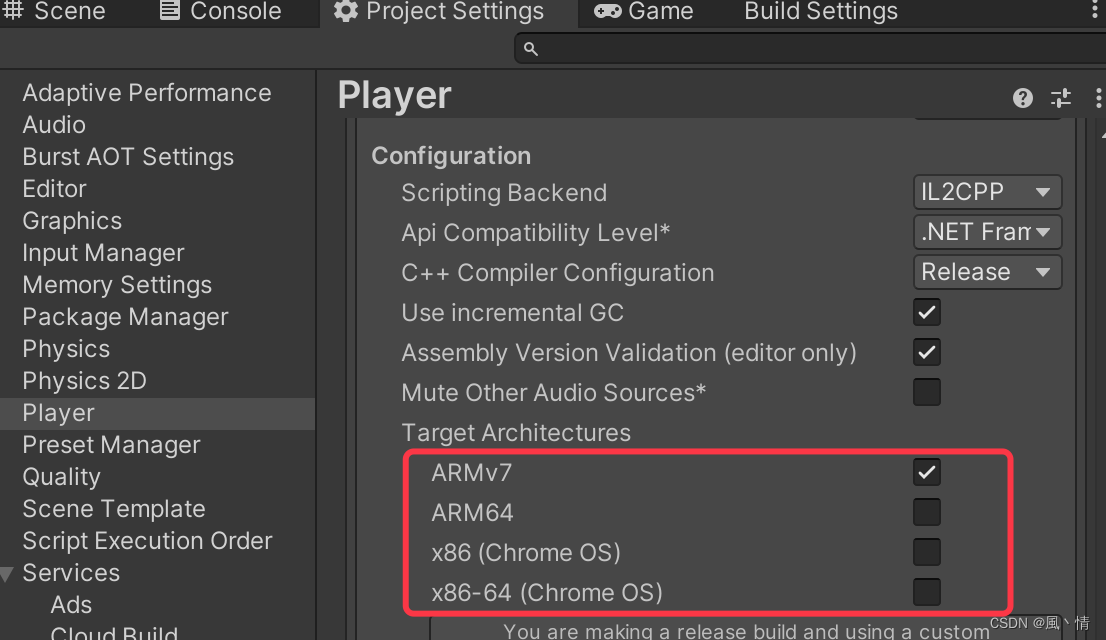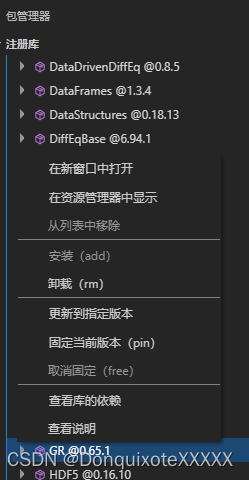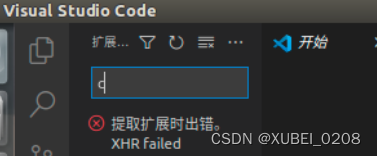Problem:
I have written some code based on Hikvision’s sdk for controlling the camera. One section of the program is mainly used to get NVR channel configuration information
The codes is as below:
I use the function NET_DVR_GetDVRConfig
#include #include "HCNetSDK.h" int main() { NET_DVR_Init(); NET_DVR_SetConnectTime(2000, 1); NET_DVR_SetReconnect(10000, true); LONG lUserID; NET_DVR_USER_LOGIN_INFO struLoginInfo = { 0 }; struLoginInfo.bUseAsynLogin = 0; strcpy(struLoginInfo.sDeviceAddress, "192.168.20.106"); struLoginInfo.wPort = 8000; strcpy(struLoginInfo.sUserName, "admin"); strcpy(struLoginInfo.sPassword, "111111hk"); NET_DVR_DEVICEINFO_V40 struDeviceInfoV40 = { 0 }; lUserID = NET_DVR_Login_V40(&struLoginInfo, &struDeviceInfoV40); if (lUserID < 0) { printf("Login failed, error code: %d\n", NET_DVR_GetLastError()); NET_DVR_Cleanup(); return -1; } NET_DVR_IPPARACFG_V40 ipcfg; DWORD bytesReturned = 0; ipcfg.dwSize = sizeof(NET_DVR_IPPARACFG_V40); int iGroupNO = 0; bool resCode = NET_DVR_GetDVRConfig(lUserID, NET_DVR_GET_IPPARACFG_V40, iGroupNO, &ipcfg, sizeof(NET_DVR_IPPARACFG_V40), &bytesReturned); if (! resCode) { DWORD code = NET_DVR_GetLastError(); std::cout << "NET_DVR_GetDVRConfig failed " << NET_DVR_GetErrorMsg((LONG*)(&code)) << std::endl; NET_DVR_Logout(lUserID); NET_DVR_Cleanup(); return -1; } std::cout << "设备组 " << ipcfg.dwGroupNum << " 数字通道个数 " << ipcfg.dwDChanNum << " 起始通道 " << ipcfg.dwStartDChan << std::endl << std::endl; for (int i = 0; i < ipcfg.dwDChanNum; i++) { NET_DVR_PICCFG_V30 channelInfo; bytesReturned = 0; channelInfo.dwSize = sizeof(NET_DVR_PICCFG_V30); int channelNum = i + ipcfg.dwStartDChan; NET_DVR_GetDVRConfig(lUserID, NET_DVR_GET_PICCFG_V30, channelNum, &channelInfo, sizeof(NET_DVR_PICCFG_V30), &bytesReturned); std::cout <<"通道号 "<< channelNum << "\t通道名称 " << channelInfo.sChanName; std::cout << "\t用户名 " << ipcfg.struIPDevInfo[i].sUserName << "\t密码 " << ipcfg.struIPDevInfo[i].sPassword; std::cout << "\t设备ID " << (int)ipcfg.struIPDevInfo[i].szDeviceID; std::cout << "\tip地址 " << ipcfg.struIPDevInfo[i].struIP.sIpV4 << "\t端口 " << ipcfg.struIPDevInfo[i].wDVRPort << std::endl; } NET_DVR_Logout(lUserID); NET_DVR_Cleanup(); return 0; }
The code was running ok, but when migrating to another machine, something went wrong.
Report the error: NET_DVR_GetDVRConfig failed Device does not support this function
Note the phrase:
If the number of IP channels supported by the device is greater than 0, then the remote parameter configuration interface NET_DVR_GetDVRConfig can be used.
This means that to use this function, you need to check the number of IP channels supported by the device first.
Also, the manual gives a sample program (check first, then call)
The sample procedure is as follows.
ps: there is a point I want to spit, the manual on the ET_DVR_GetDVRConfig function explanation, there is no mention of this issue, causing me to look for a long time to find here to write. Since this function is not supported by all devices, then the norm should be written to check first, then call.
#include #include #include "Windows.h" #include "string.h" #include "HCNetSDK.h" using namespace std; void main() { int i=0; BYTE byIPID,byIPIDHigh; int iDevInfoIndex, iGroupNO, iIPCh; DWORD dwReturned = 0; NET_DVR_Init(); NET_DVR_SetConnectTime(2000, 1); NET_DVR_SetReconnect(10000, true); LONG lUserID; NET_DVR_USER_LOGIN_INFO struLoginInfo = {0}; struLoginInfo.bUseAsynLogin = 0; strcpy(struLoginInfo.sDeviceAddress, "192.0.0.64"); struLoginInfo.wPort = 8000; strcpy(struLoginInfo.sUserName, "admin"); strcpy(struLoginInfo.sPassword, "abcd1234"); NET_DVR_DEVICEINFO_V40 struDeviceInfoV40 = {0}; lUserID = NET_DVR_Login_V40(&struLoginInfo, &struDeviceInfoV40); if (lUserID < 0) { printf("Login failed, error code: %d\n", NET_DVR_GetLastError()); NET_DVR_Cleanup(); return; } printf("The max number of analog channels: %d\n",struDeviceInfoV40.struDeviceV30.byChanNum); printf("The max number of IP channels: %d\n", struDeviceInfoV40.struDeviceV30.byIPChanNum + struDeviceInfoV40.struDeviceV30.byHighDChanNum * 256); NET_DVR_IPPARACFG_V40 IPAccessCfgV40; memset(&IPAccessCfgV40, 0, sizeof(NET_DVR_IPPARACFG)); iGroupNO=0; if (! NET_DVR_GetDVRConfig(lUserID, NET_DVR_GET_IPPARACFG_V40, iGroupNO, &IPAccessCfgV40, sizeof(NET_DVR_IPPARACFG_V40), &dwReturned)) { printf("NET_DVR_GET_IPPARACFG_V40 error, %d\n", NET_DVR_GetLastError()); NET_DVR_Logout(lUserID); NET_DVR_Cleanup(); return; } else { for (i=0;i<IPAccessCfgV40.dwDChanNum;i++) { switch(IPAccessCfgV40.struStreamMode[i].byGetStreamType) { case 0: if (IPAccessCfgV40.struStreamMode[i].uGetStream.struChanInfo.byEnable) { byIPID=IPAccessCfgV40.struStreamMode[i].uGetStream.struChanInfo.byIPID; byIPIDHigh=IPAccessCfgV40.struStreamMode[i].uGetStream.struChanInfo.byIPIDHigh; iDevInfoIndex=byIPIDHigh*256 + byIPID-1-iGroupNO*64; printf("IP channel no.%d is online, IP: %s\n", i+1, IPAccessCfgV40.struIPDevInfo[iDevInfoIndex].struIP.sIpV4); } break; case 1: if (IPAccessCfgV40.struStreamMode[i].uGetStream.struPUStream.struStreamMediaSvrCfg.byValid) { printf("IP channel %d connected with the IP device by stream server.\n", i+1); printf("IP of stream server: %s, IP of IP device: %s\n",IPAccessCfgV40.struStreamMode[i].uGetStream.\ struPUStream.struStreamMediaSvrCfg.struDevIP.sIpV4, IPAccessCfgV40.struStreamMode[i].uGetStream.\ struPUStream.struDevChanInfo.struIP.sIpV4); } break; default: break; } } } iIPCh=4; NET_DVR_CUSTOM_PROTOCAL struCustomPro; if (! NET_DVR_GetDVRConfig(lUserID, NET_DVR_GET_CUSTOM_PRO_CFG, 1, &struCustomPro, sizeof(NET_DVR_CUSTOM_PROTOCAL), &dwReturned)) { printf("NET_DVR_GET_CUSTOM_PRO_CFG error, %d\n", NET_DVR_GetLastError()); NET_DVR_Logout(lUserID); NET_DVR_Cleanup(); return; } struCustomPro.dwEnabled=1; struCustomPro.dwEnableSubStream=1; strcpy((char *)struCustomPro.sProtocalName,"Protocal_RTSP"); struCustomPro.byMainProType=1; struCustomPro.byMainTransType=2; struCustomPro.wMainPort=554; strcpy((char *)struCustomPro.sMainPath,"rtsp://192.168.1.65/h264/ch1/main/av_stream"); struCustomPro.bySubProType=1; struCustomPro.bySubTransType=2; struCustomPro.wSubPort=554; strcpy((char *)struCustomPro.sSubPath,"rtsp://192.168.1.65/h264/ch1/sub/av_stream"); if (! NET_DVR_SetDVRConfig(lUserID, NET_DVR_SET_CUSTOM_PRO_CFG, 1, &struCustomPro, sizeof(NET_DVR_CUSTOM_PROTOCAL))) { printf("NET_DVR_SET_CUSTOM_PRO_CFG error, %d\n", NET_DVR_GetLastError()); NET_DVR_Logout(lUserID); NET_DVR_Cleanup(); return; } printf("Set the custom protocol: %s\n", "Protocal_RTSP"); NET_DVR_IPC_PROTO_LIST m_struProtoList; if (! NET_DVR_GetIPCProtoList(lUserID, &m_struProtoList)) { printf("NET_DVR_GetIPCProtoList error, %d\n", NET_DVR_GetLastError()); NET_DVR_Logout(lUserID); NET_DVR_Cleanup(); return; } IPAccessCfgV40.struIPDevInfo[iIPCh].byEnable=1; for (i = 0; i<m_struProtoList.dwProtoNum; i++) { if(strcmp((char *)struCustomPro.sProtocalName,(char *)m_struProtoList.struProto[i].byDescribe)==0) { IPAccessCfgV40.struIPDevInfo[iIPCh].byProType=m_struProtoList.struProto[i].dwType; break; } } strcpy((char *)IPAccessCfgV40.struIPDevInfo[iIPCh].struIP.sIpV4,"192.168.1.65"); IPAccessCfgV40.struIPDevInfo[iIPCh].wDVRPort=8000; strcpy((char *)IPAccessCfgV40.struIPDevInfo[iIPCh].sUserName,"admin"); strcpy((char *)IPAccessCfgV40.struIPDevInfo[iIPCh].sPassword,"12345"); IPAccessCfgV40.struStreamMode[iIPCh].byGetStreamType=0; IPAccessCfgV40.struStreamMode[iIPCh].uGetStream.struChanInfo.byChannel=1; IPAccessCfgV40.struStreamMode[iIPCh].uGetStream.struChanInfo.byIPID=(iIPCh+1)%256; IPAccessCfgV40.struStreamMode[iIPCh].uGetStream.struChanInfo.byIPIDHigh=(iIPCh+1)/256; if (! NET_DVR_SetDVRConfig(lUserID, NET_DVR_SET_IPPARACFG_V40, iGroupNO, &IPAccessCfgV40, sizeof(NET_DVR_IPPARACFG_V40))) { printf("NET_DVR_SET_IPPARACFG_V40 error, %d\n", NET_DVR_GetLastError()); NET_DVR_Logout(lUserID); NET_DVR_Cleanup(); return; } else { printf("Set IP channel no.%d, IP: %s\n", iIPCh+1, IPAccessCfgV40.struIPDevInfo[iIPCh].struIP.sIpV4); } NET_DVR_Logout(lUserID); NET_DVR_Cleanup(); return; }
